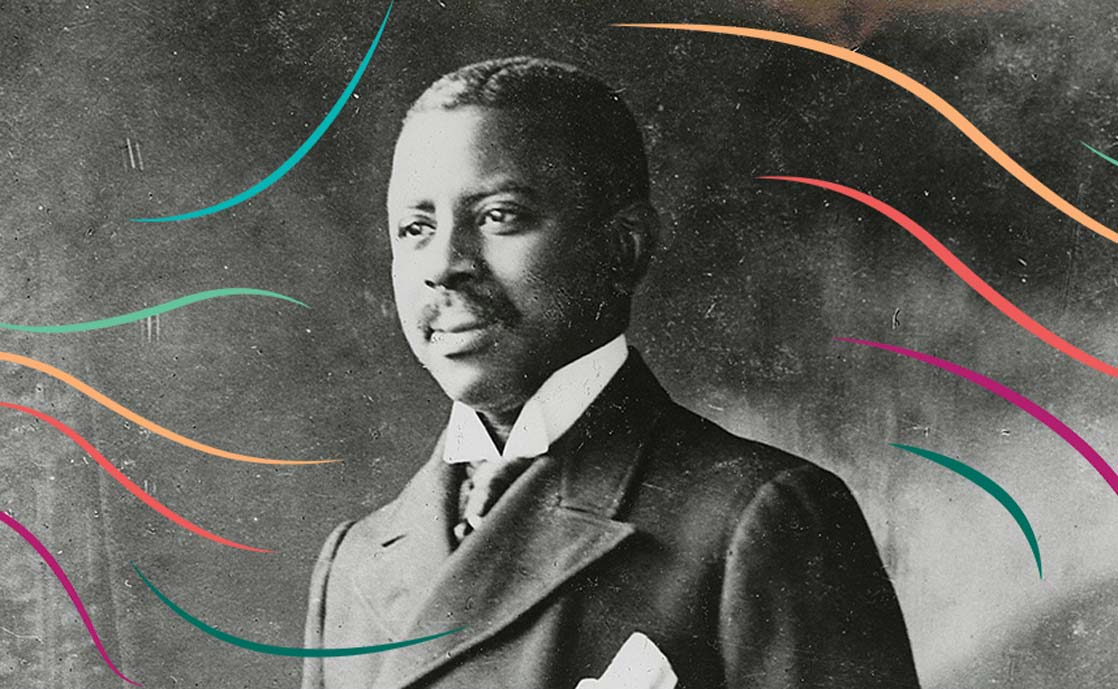In the vast tapestry of religious history, the Bahá’í Faith emerges as a vibrant thread, symbolizing unity, equality, and the transformative power of belief. Among its figures, Robert Turner stands not merely as an individual but as a metaphorical bridge—a confluence of cultural heritage and spiritual enlightenment. Celebrating the birth of Robert Turner, America’s first Black Bahá’í, allows us to delve into the profound implications of his life and the rich teachings he embodies that resonate with deeper societal meanings.
The Significance of Robert Turner
Born in the early twentieth century, Turner’s life unfolded at a time when racial discrimination was entrenched in the American socio-political fabric. His acceptance into the Bahá’í Faith was not an accident but rather a deliberate choice—a beacon of hope in an era marred by division. In the context of Bahá’í teachings, Turner’s journey signifies the universal principle of the oneness of humanity. He offers a compelling narrative of resilience and commitment to a cause larger than oneself, echoing the Bahá’í tenet that highlights the inherent dignity of every individual, regardless of race or background.
Embodying the Bahá’í Principles
Turner’s legacy is inextricably linked to the foundational principles of the Bahá’í Faith: the unity of mankind, gender equality, and the harmony of science and religion. Each principle resonates with the echoes of his determination to live a life of service and advocacy. Just as Turner transcended societal barriers, the Bahá’í teachings implore followers to dismantle the constructs of injustice and inequality. In today’s context, this beckons each individual to act as a catalyst for change, promoting inclusivity and understanding among diverse populations.
The notion of unity, dear to Bahá’í teachings, permeates every aspect of Turner’s narrative. His engagement with community initiatives and efforts to inspire others to embrace the Bahá’í teachings exemplified a life successfully interwoven with the mission of the Bahá’í community—to foster an environment where all are welcomed. His trajectory invites an exploration of how we, too, can contribute to this vision of a unified society.
Celebration Through Reflection
To celebrate the birth of Robert Turner is to engage in profound reflection. Acknowledging his contributions brings forth questions about our own commitments to the pastoral paradigm of the Bahá’í Faith. It urges us to ponder how we can further the ideals Turner championed in our communities. When we engage in such introspection, we discover that celebrating Turner’s birth is not merely a nod to his historical significance; it transforms into a call to action—an impetus for deeper understanding and social equity.
Engagement in dialogue, akin to sparking a flame in the darkness, fosters a sense of interconnectedness. By actively participating in discussions around race, equity, and community development, we illuminate paths toward shared knowledge. Turner’s life exemplified the essence of this endeavor, bridging gaps in understanding and reinforcing the Bahá’í commitment to education and enlightenment as vehicles for societal transformation.
Cultural Relevance
Moreover, recognizing Turner’s unique cultural heritage enriches the narrative of the Bahá’í teachings. His experience engenders a deeper appreciation of the complexities that racial and cultural identities impinge upon spiritual practice. The plurality of the Bahá’í Faith creates an expansive canvas upon which individuals from varied backgrounds can contribute their unique perspectives. Turner stands as an emblem of this incorporation; he encourages an exploration of how faith can transcend cultural barriers while inviting diverse expressions of belief and practice. The metaphor of a mosaic aptly captures this essence, where each individual piece contributes to the grand design of unity and beauty.
Inspiration for Future Generations
The influence of Robert Turner extends beyond his immediate community. His story resonates with today’s youth, invigorating aspirations for justice and equality among marginalized groups. Turner’s life and teachings serve as a compass, guiding young Bahá’ís and others in their quest for purpose within the broader societal context. In recognizing Turner’s contributions, contemporary Bahá’ís are reminded that their actions are interconnected with a legacy that spans generations, urging a forward momentum toward a more equitable future.
Conclusion: The Eternal Legacy
Celebrating the birth of Robert Turner invites a contemplation of the impact one individual can have on the world. His life exemplifies the deep-rooted principles of the Bahá’í Faith, which advocate for justice, unity, and the intrinsic worth of every person. As we reflect on his contributions, it becomes evident that the ethos behind his journey encapsulates a longing for a world where every voice is valued and heard. This celebration is not merely an acknowledgment of the past; it is a renewal of commitment for present and future generations to actively participate in forging a society that embodies the Bahá’í ideals of acceptance, understanding, and love. In his honor, let us aspire to harness our collective potential to further the vision of a united humanity, for his legacy is not only celebrated—it is to be lived.
